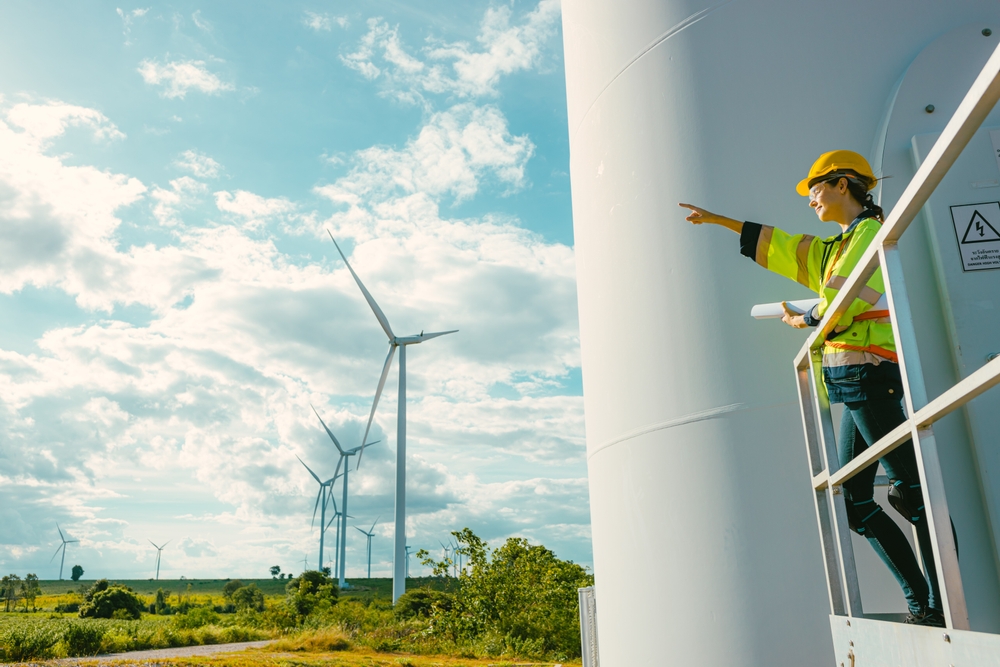

Based on insights from one billion users of the social media platform worldwide, the research shows that young people believe a lack of available job opportunities, experience, and green skills are the main barriers to securing a green job.
This is despite 61% of workers aged 27 and under – or Gen Z – wanting a green job in the next five years, and 78% confident they could pick up the necessary skills if they were offered training.
The research also shows that less than one in five of these workers have a very good awareness of the different career paths available to break into green jobs.
At the current rate of progress, the study suggests that just one in eight will have the skills needed to tackle the climate crisis by 2030, despite Gen Z workers making up one-third of the workforce by that time.
“Young people are confident they can learn green skills if they’re given training,” said Sue Duke, LinkedIn’s country manager for Ireland.
“In the face of an ongoing green talent shortage that is putting climate progress at risk, it’s essential that businesses and policymakers do more to prioritise skills training and entry-level green jobs to empower young workers in the green transition."
Only 30% of Gen Z workers said that their current employer offers green skills training, although 41% do have access to green skills training programmes, dropping to 25% in the US.
Almost half of all workers looking to improve their green skills suggested that government incentive programmes would be a key driver allowing them to achieve this.
However, four out of five professionals who transition into green jobs have at least some prior green experience or skills, underscoring the need to rethink talent development to keep pace with the skills required to meet sustainability goals.
LinkedIn recommended that governments and policymakers commit to including training, reskilling and upskilling in every national climate policy, and make it easy for talent to identify opportunities and access training and incentives.
This echoes a recent call by IEMA for the UK to establish a permanent cross-government body that takes a strategic approach to delivering green skills and jobs growth that is tied to long-term climate and environmental goals.
In its 18 policy asks for the next government, the Institute also calls for a Green Jobs Plan which provides sector-by-sector analysis and allows targeting of specific green skills needed to deliver a future pipeline of talent for the net-zero economy.
In addition, IEMA called on the next government to support the development and utilisation of its Green Careers Hub to help all workers understand where they fit into the green economy of the future.
CEO, Sarah Mukherjee MBE, said: “Meeting our climate and environmental targets is an economy-wide challenge. It is increasingly a necessity that all job roles help contribute to delivering greener outcomes – not only sustainability professionals.
“The most successful businesses in the coming decades will weave green skills into their workforces much in the way digital skills spread over previous decades.
“A cross-government body, like a Green Jobs Council, can take the lead with a strategic approach to delivering the Green Jobs Plan and driving growth in green skills across the economy that is tied to our long-term climate and environmental goals.”
Image credit: Shutterstock